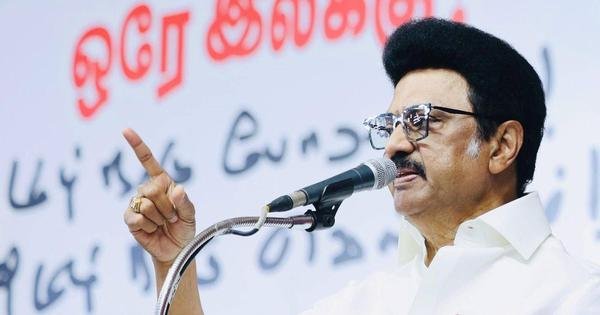MK Stalin Condemns RBI’s ATM Withdrawal Fee Hike
A Debate on Institutionalized Extraction vs Necessary Measures
RBI’s ATM Fee Increase Announcement
On Friday, the Reserve Bank of India (RBI) declared that banks can now charge Rs 23 for ATM cash withdrawals beyond the initial five free transactions, a rise of Rs 2. This new fee will be effective from May 1.
MK Stalin’s Disapproval
MK Stalin, the Chief Minister of Tamil Nadu, criticized the RBI’s decision, labeling it “institutionalized extraction.” He worried that this move might lead people to withdraw more cash than necessary, thereby undermining financial inclusion goals for the underprivileged.
- Stalin criticized the Central Government for advocating Digital India and formal banking, only to impose charges on digital transactions, penalties for low bank balances, and higher withdrawal fees.
- He stressed that beneficiaries of MNREGA and the Tamil Nadu government’s KMUT cash transfer scheme would be most affected by this decision.
Digital India: Its Purpose and Consequences
Digital India is an initiative aimed at delivering government services electronically and providing high-speed internet connectivity to rural areas. However, Stalin criticized the imposition of charges on digital transactions, which he believes goes against the campaign’s goals.
MNREGA and KMUT Schemes: Their Impact
The Mahatma Gandhi National Rural Employment Guarantee Act (MNREGA) is a welfare program that guarantees at least 100 days of paid employment for rural households. The Kalaignar Magalir Urimai Thogai (KMUT) scheme offers Rs 1,000 monthly assistance to women beneficiaries.
Stalin contended that the RBI’s decision to raise ATM withdrawal fees would unfairly burden the poor, who rely on these schemes for financial support.



